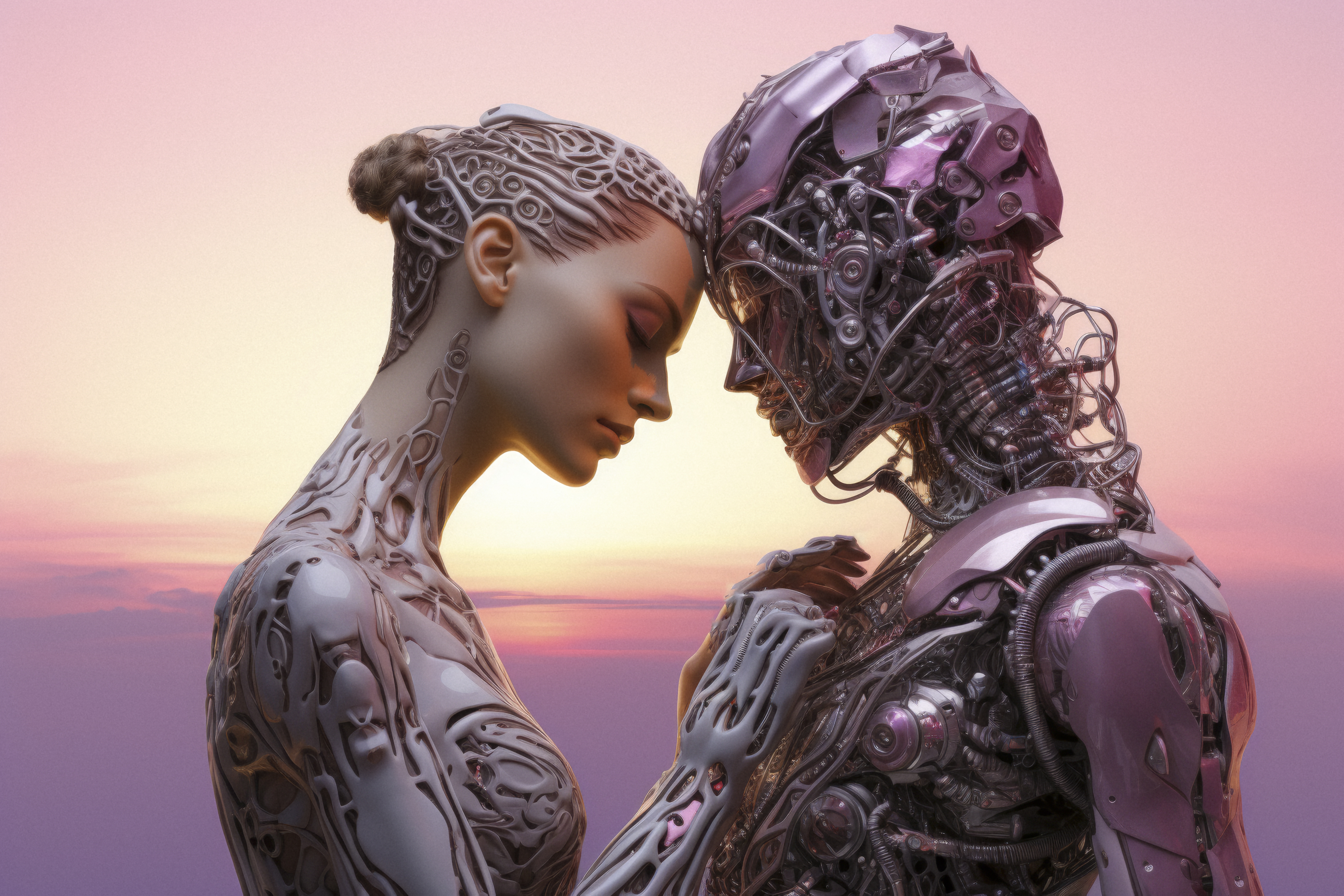WhatsApp is expanding its tools to give users greater control over the groups they join and the conversations they take part in.
When someone not saved in a user’s contacts adds them to a group, WhatsApp now provides details about that group so they can immediately decide whether to stay or leave. If a user chooses to exit, they can also report the group directly to WhatsApp.
Privacy settings allow people to decide who can add them to groups. By default, the setting is set to ‘Everyone,’ but it can be adjusted to ‘My contacts’ or ‘My contacts except…’ for more security. Messages within groups can also be reported individually, with users having the option to block the sender.
Reported messages and groups are sent to WhatsApp for review, including the sender’s or group’s ID, the time the message was sent, and the message type.
Although blocking an entire group is impossible, users can block or report individual members or administrators if they are sending spam or inappropriate content. Reporting a group will send up to five recent messages from that chat to WhatsApp without notifying other members.
Exiting a group remains straightforward: users can tap the group name and select ‘Exit group.’ With these tools, WhatsApp aims to strengthen user safety, protect privacy, and provide better ways to manage unwanted interactions.
Would you like to learn more about AI, tech, and digital diplomacy? If so, ask our Diplo chatbot!










